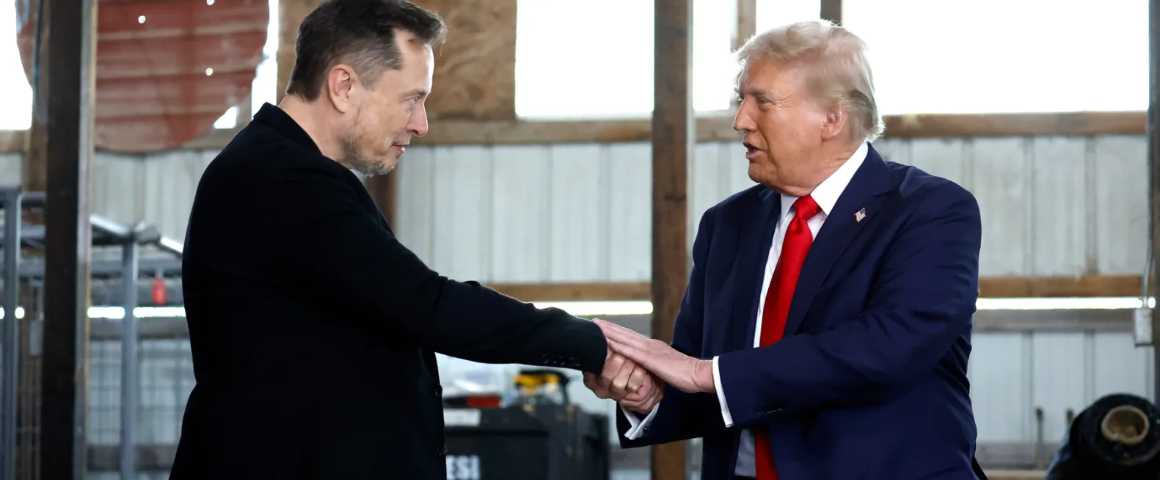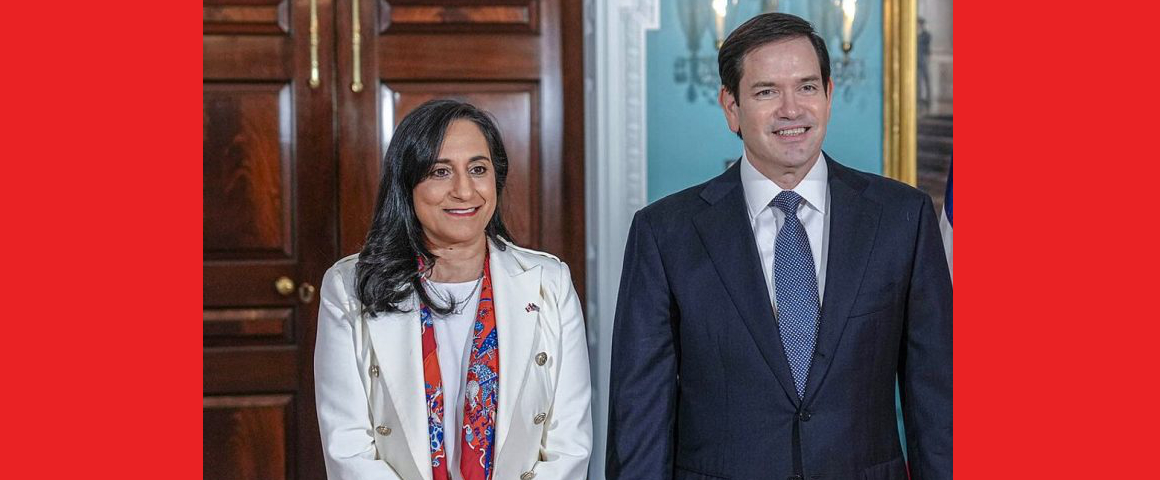By Dave McKee
It sure didn’t take long for Hurricane Trump to make landfall. Less than a month after the US election, the President-elect announced his intention to impose 25-percent tariffs on all products from Mexico, China and Canada.
Trump’s feverish flip-flops during his first term in office are the stuff of legend, but that doesn’t mean threats like this shouldn’t be taken seriously. Regardless of whether or not these tariffs are implemented, the announcement is a sharp indication of where the incoming executive branch stands.
Clearly, one of Trump’s priorities is the renegotiation of the USMCA so that things like supply management and public healthcare are put on the table and up for grabs. The tariff threat is a nasty but evidently quite effective way for him to bully the Canadian government (and perhaps that of Mexico) into delivering this big prize.
In a kind of neo-Manifest Destiny, Trump is trying to put the whole of the North American economy at his disposal. No doubt, this would be accompanied by unrelenting pressure to sell off public institutions and assets and privatize public services.
Of course, a 25-percent tariff would be devastating for working people in Canada as well as the United States and Mexico. In all likelihood, it would spark a severe recession which would lead to major loss of both public and private investment in the most useful areas of our economy – public services and infrastructure, productive industries, housing, etc.
It would certainly sound the death knell for the forestry industry, which is already suffering from the doubling of customs duties imposed over the past year. The auto industry would likely face a harsh and “permanent” downturn or even bankruptcy. The same could be true for the aeronautics industry – following Trump’s tariff announcement, Bombardier declined 9 percent on the stock market.
The business community has opportunistically jumped on this issue, pressing for an all-party united front to respond to Trump’s threat (in a way, of course, that serves the interests of private profit.) So, rather than oppose Trump and his anti-social, anti-democratic, anti-union and warmongering policies, private monopoly corporations are hoping to consolidate and extend their power by integrating with them.
After all, free trade is just a euphemism for “protectionism of monopoly interests.” The “protectionism” that Trump promotes is really just a globalized capitalist economy in which all countries open their borders to serve US imperialism. Either way, corporate monopolies get more powerful at the expense of working people.
This is important for working people to know, especially since many labour and “left” leaders don’t seem to get it. Certainly, there has been a sharp reaction from unions and progressive organizations, noting the incredible destructive potential of Trump’s proposed tariffs. A lot of it is quite good and very welcome. But there’s often also an underlying naïve belief that “our” monopoly corporations and “our” capitalist government will suddenly adopt some kind of altruistic nationalism and act in Canadian public interest against big bad Uncle Sam.
This isn’t the time to be cozying up to the corporate execs and flirting with tripartism. The only way out of this situation is to confront the power of the monopolies – including Canadian ones.
We need to mobilize and press for nationalization of key sectors of the economy – banks and financial corporations, energy, telecommunications, steel and auto among others.
We need to intensify the fight against US imperialism and fight for independent foreign, trade and industrial policies which put people’s needs ahead of corporate profit.
And we need to break away from the destructive logic of capitalism and build the movement for socialism.
Support working-class media!
If you found this article useful, please consider donating to People’s Voice or purchasing a subscription so that you get every issue of Canada’s leading socialist publication delivered to your door or inbox!
For over 100 years, we have been 100% reader-supported, with no corporate or government funding.




